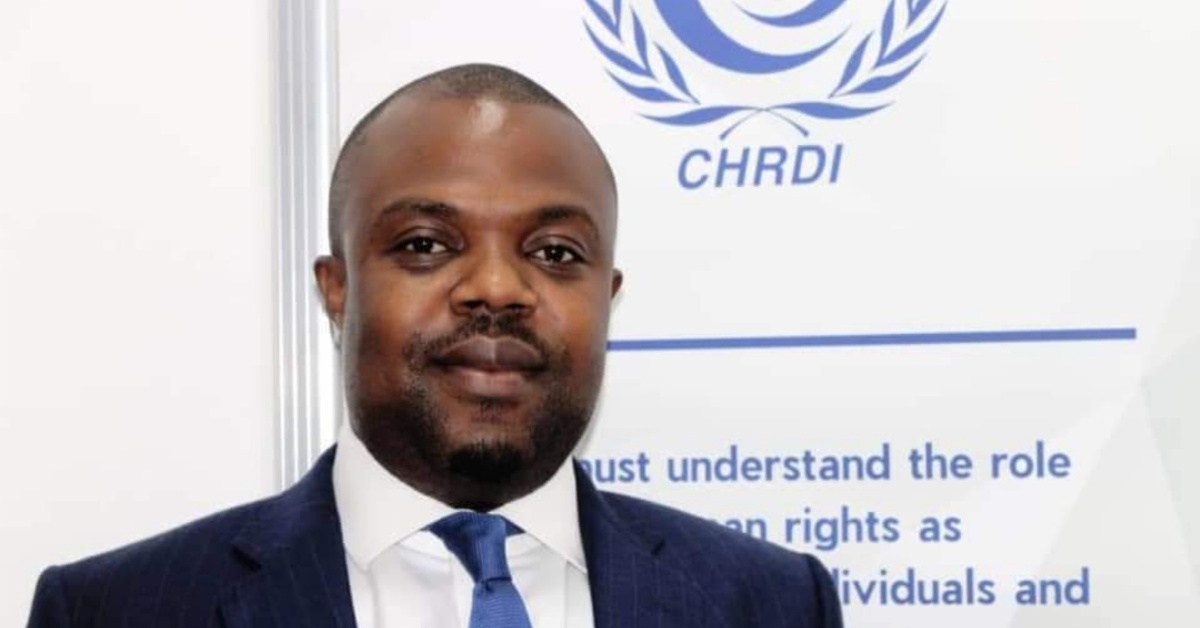Abdul M. Fatoma, Chief Executive Officer of the Campaign for Human Rights and Development International (CHRDI), has issued a strong critique of the Sierra Leonean Cabinet’s proposed plans to divide certain cities, warning that the move could have dire social, environmental, and human rights consequences if pursued without proper assessments and public engagement.
In a public statement titled “Divisive Planning: A Cabinet Out of Touch,” Fatoma condemned what he described as a “recipe for disaster,” asserting that the government’s actions demonstrate a “troubling lack of foresight and a disregard
Fatoma emphasized that dividing cities without conducting comprehensive Environmental, Social, and Human Rights Impact Assessments risks displacing vulnerable communities, ignoring environmental concerns, and violating fundamental rights. He further criticized the Cabinet’s failure to engage the public, calling the absence of citizen consultation “alarming.”
“Citizens deserve a voice in shaping their cities and futures,” Fatoma said. “Their input is essential for identifying potential issues and developing solutions that benefit everyone. Without this, the government undermines democratic principles and transparency.”
Fatoma is urging the government to take immediate corrective action by:
Conducting detailed environmental, social, and human rights impact assessments
Engaging communities in open and inclusive consultations
Ensuring transparency and accountability throughout the planning process
Fatoma stressed that responsible urban planning requires careful, inclusive, and rights-based approaches. “Anything less is a failure of leadership,” he concluded.
Abdul Fatoma’s statement adds to growing public scrutiny over the government’s urban development policies, with several civic organizations also raising concerns about potential exclusion and environmental impacts. As the Cabinet pushes forward with its agenda, the call for transparency and inclusive planning continues to intensify.












Oh really?😲